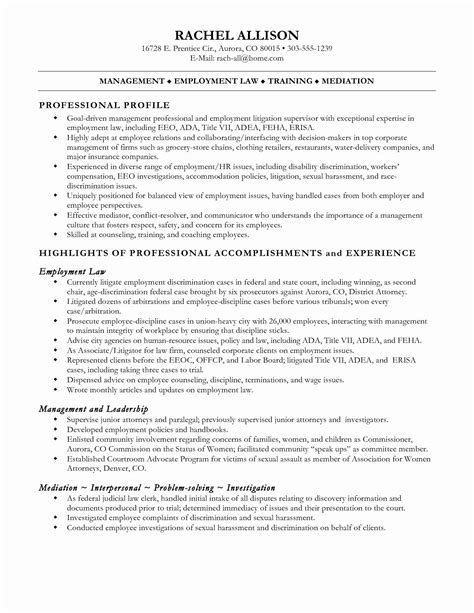Achieve success with our team’s relevant skills, education, certifications, and professional achievements. Trust our expertise to meet your needs.Are you looking to update your resume and stand out to potential employers? One of the most important sections of your resume is your qualifications, as it highlights your skills, education, and achievements. In this blog post, we will explore the essential components of a strong qualifications section for your resume. From relevant skills and experience to education and training, certifications and licenses, and professional achievements, we’ll cover everything you need to know to create a compelling and impactful qualifications section. By the end of this post, you’ll have a clear understanding of what employers are looking for and how to present your qualifications in the best possible light. Let’s dive in and ensure that your resume showcases your best attributes and secures you that coveted job interview.
Relevant Skills and Experience
When it comes to building a strong resume, highlighting relevant skills and experience is essential. Employers want to see that you have the necessary abilities and background to excel in the position for which you are applying. Whether it’s technical skills, such as proficiency in a certain software, or soft skills, like strong communication and teamwork, showcasing these strengths can set you apart from other candidates.
One way to demonstrate your skills and experience is by including specific examples in your resume. Instead of simply listing your skills, provide examples of when you have used those skills to achieve results. Whether it’s through previous work experience, internships, or volunteer opportunities, showing how you have applied your skills in real-world situations can make a big impact on potential employers.
Additionally, consider tailoring your skills and experience to align with the job description for the position you are applying for. By emphasizing the skills and experience that directly relate to the job requirements, you can demonstrate that you are a strong fit for the role. This may involve customizing your resume for each job application to ensure that you are effectively highlighting your most relevant qualifications.
Education and Training
Education
When it comes to putting together a strong resume, showcasing your education is crucial. This section should include the name of the institution you attended, the degree you obtained, and your graduation date. If you have multiple degrees, list the most recent one first. It’s also important to include any academic honors or awards you received during your time in school. Highlighting relevant coursework or special projects can also be beneficial, especially if they directly relate to the position you’re applying for.
Training
Aside from formal education, additional training programs or workshops can significantly enhance your resume. This section should include any relevant certifications, seminars, or workshops you have completed. Be sure to include the name of the program, the institution or organization that conducted it, and the date of completion. Whether it’s a specialized software training or a leadership development course, demonstrating a commitment to continuous learning and professional development can make you stand out as a candidate.
Certifications and Licenses
Obtaining certifications and licenses relevant to your field can greatly enhance your resume and make you a more competitive candidate in the job market. These credentials not only showcase your dedication and expertise in a particular area, but they also demonstrate your commitment to staying updated on industry standards and best practices.
Employers value candidates who have taken the initiative to earn certifications and licenses as it shows that they have gone above and beyond basic education and training. Whether it’s a project management certification, a specific software license, or a professional designation in your field, these credentials can set you apart from other applicants and highlight your qualifications for the job.
When listing certifications and licenses on your resume, be sure to include the full name of the credential, the issuing organization, and the date of completion or expiration. Providing this information gives employers a clear understanding of your qualifications and enables them to verify your credentials if necessary.
Professional Achievements
When it comes to creating a resume, it’s important to highlight your professional achievements in order to stand out to potential employers. Your professional achievements can showcase your capabilities and strengths as a candidate, and can set you apart from other applicants. Whether it’s through your previous work experience, awards, or recognition, your professional achievements can demonstrate your value as a potential employee.
One way to highlight your professional achievements on a resume is by including specific examples of projects you have successfully completed or outcomes you have achieved. For example, you could mention a certain project you led that increased company revenue, or a specific award you received for exceptional performance.
Additionally, it’s important to quantify your professional achievements where possible, by including numbers or percentages to demonstrate the impact of your work. This could include mentioning a specific percentage by which you exceeded your sales targets, or the amount of cost savings you achieved for your previous employer.
